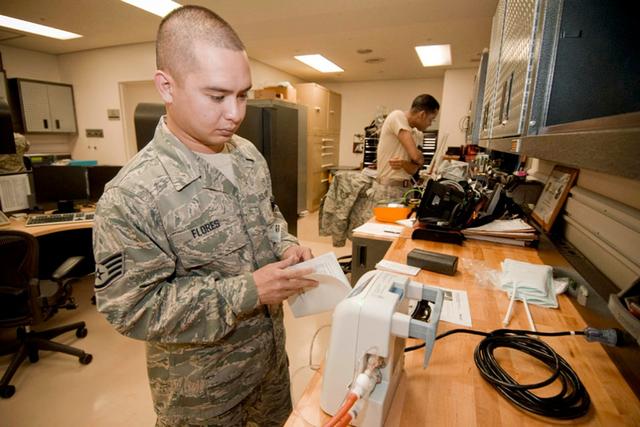Psychologists
Overview
Introduction
Psychologists teach, counsel, conduct research, or administer programs to understand people and help people understand themselves. Psychologists examine individual and group behavior through testing, experimenting, and studying personal histories.
Psychologists normally hold doctorates in psychology. Unlike psychiatrists, they are not medical doctors and most cannot prescribe medication in most states (clinical psychologists in Idaho, Illinois, Iowa, Louisiana, and New Mexico may prescribe medication to patients). Approximate...
Quick Facts
Median Salary
Employment Prospects
Minimum Education Level
Experience
Skills
Personality Traits
Earnings
Because the psychology field offers so many different types of employment possibilities, salaries for psychologists vary greatly. In addition, the typical conditions affecting salaries, such as the persons level of education, professional experience, and location, also apply. The U.S. Department of Labor reports that clinical, counseling, and school psychologists earned median salaries of $78,2...
Work Environment
Psychologists work under many different conditions. Those who work as college or university teachers usually have offices in a building on campus and access to a laboratory in which they carry out experiments.
Offices of school psychologists may be located in the school system headquarters. They may see students and their parents at those offices, or they might work in space set aside fo...
Outlook
The U.S. Department of Labor projects that employment for psychologists will grow much faster than the average for all occupations through 2028. More employment opportunities will be in schools, hospitals, social service agencies, mental health centers, substance abuse treatment clinics, consulting firms, and private companies. Increased emphasis on health maintenance and illness prevention as ...













































































































































